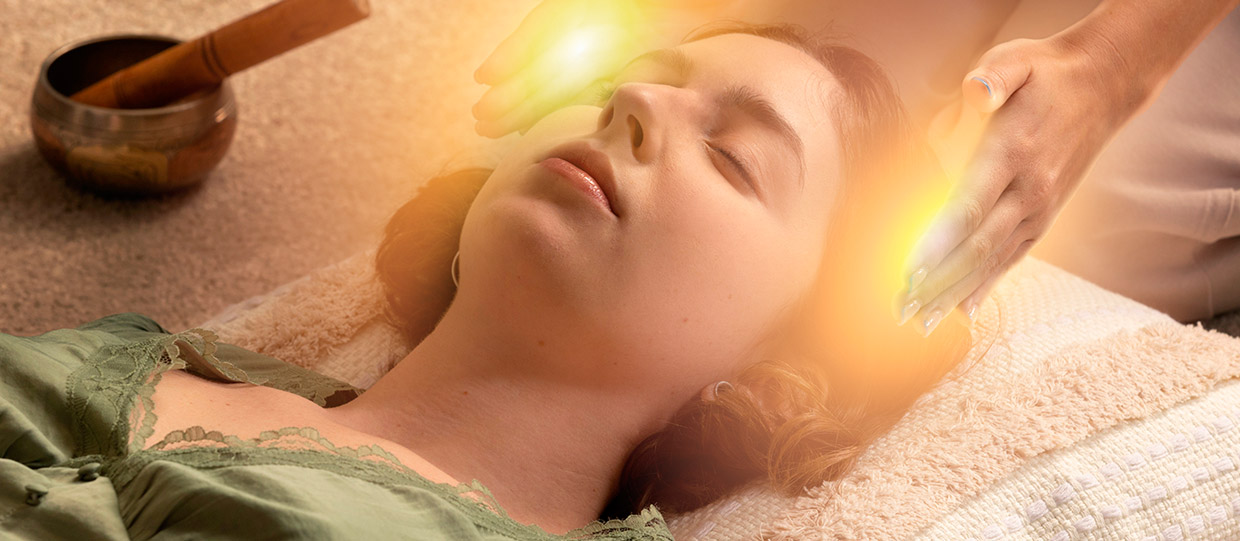
May 23, 2024
What Role Do Probiotics and Good Gut Bacteria Play in Controlling Acne?
When considering skin care, one may remember the need for cleansing, moisturizing, and avoiding too-fatty foods. However, recent research revealed a potential correlation between skin condition and gut health that might be particularly applicable to inflammatory conditions such as acne.The gut microbiome is the microbial ecosystem in the human gut, which includes multiple species of bacteria. New studies indicate that balancing the levels of these microbes in the gut can...
When considering skin care, one may remember the need for cleansing, moisturizing, and avoiding too-fatty foods. However, recent research revealed a potential correlation between skin condition and gut health that might be particularly applicable to inflammatory conditions such as acne.
The gut microbiome is the microbial ecosystem in the human gut, which includes multiple species of bacteria. New studies indicate that balancing the levels of these microbes in the gut can significantly contribute to general well-being and even skin condition and appearance.
The Gut-Skin Connection
Biologically, gut and the skin are connected. Both these originate from the same embryonic germ layer during fetal development and have similarities in biochemical pathways and immune system components. According to Dr. Jordan Atkinson, B.Sc., N.D., a renowned naturopath, changes in the gut microbiome can lead to systemic inflammation that starts appearing on the skin.
One of these is a series of events involving SCFAs – short-chain fatty acids – generated when gut bacteria convert dietary fibre into energy. SCFAs are essential in maintaining and promoting gut barrier function and anti-inflammatory activity. When the composition of gut bacteria is altered, SCFA can be reduced, increasing intestinal permeability and facilitating the translocation of inflammatory mediators to the skin from the bloodstream.
Another mechanism involves a protein called the aryl hydrocarbon receptor (AhR), which plays a role in processes that regulate immune responses. AhR is activated by metabolites generated from gut bacteria. AhRs are critical for maintaining normal skin function, and disruption of their activities can contribute to acne.
The Role of Probiotics
Probiotics are microorganisms that benefit health when taken in the right quantities. They can contribute to the enrichment of the gut with helpful microbiota and prevent dysbiotic pathogens from proliferation. Several probiotic strains have been studied for their anti-inflammatory and skin-protective effects, including:
Lactobacillus Strains
It has been demonstrated that L. rhamnosus, L. paracasei, and L. acidophilus can regulate the immune system, inflammation, and oxidative stress. They also have anti-acne activity, suppressing the growth of P. acnes, which is responsible for the severity of acne lesions. They also promote SCFA production.
Bifidobacterium Strains
B. longum, B. breve, and B. infantis, have been shown to modulate gut barrier integrity, decrease activation of inflammatory factors such as NF-kB, and produce beneficial antioxidants that can protect the skin.
Other Strains
Probiotic strains like S. thermophilus and E. faecium and soil-based probiotics such as B. coagulans have shown anti-inflammatory effects on skin health.
Incorporating Probiotics
Currently, there are two primary methods of increasing the amount of probiotics taken in – through food sources and specialized dietary supplement formulas. Examples of probiotic foods include yogurt, kefir, sauerkraut, kimchi, miso, and kombucha, which contain live active cultures. It should be emphasized that strain type and amounts can differ.
Probiotic supplements deliver more quantified, higher strengths of probiotic strains. Consumers should search for products containing 10-100 billion CFU of diverse probiotic species from the Lactobacillus, Bifidobacterium, and other genera.
It is also essential to include probiotic fibre from sources such as onions, garlic, bananas, and whole grains to feed the existing microbiota.
Probiotics alone cannot treat acne; however, they are an integral part of healthy, glowing skin. If you’re suffering from poor gut health, skin problems, fatigue, hormone irregularity, or any other problem that can be triggered by stress, call Dr. Jordan Atkinson, B.Sc., N.D., to schedule a meeting.
Recent Posts

About us
Dr. Jordan Atkinson
Dr. Jordan Atkinson is a naturopathic physician with a focus in aesthetic medicine. Dr. Atkinson injects: Botox, Dysport, fat dissolvers, and PRP.
Dr. Jordan Atkinson has advanced training across North America and Europe. He continually participates in continuing medical education in order to ensure that his patients receive the newest, safest treatments, and techniques. Dr. Atkinson has over 12 years of injecting experience and creates individualized treatment plans that are tailored to meet each of his patient’s specific needs. Dr. Atkinson prides himself on producing beautiful, natural results.
